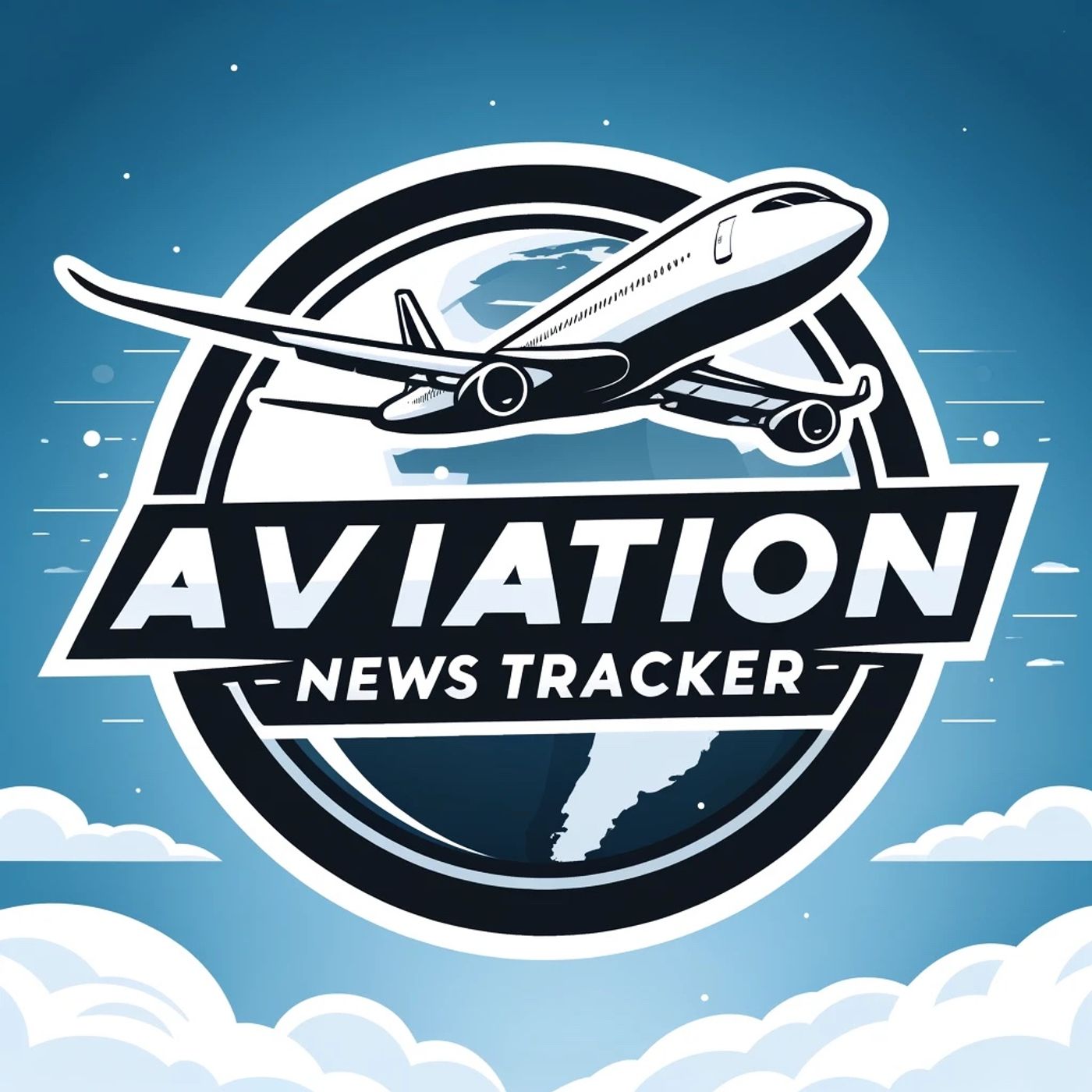"Navigating Aviation's Evolving Landscape: Disruptions, Partnerships, and Sustainable Shifts"
Update: 2025-09-24
Description
In the past 48 hours, the global aviation industry has grappled with significant disruptions, new partnerships, and strategic shifts that are reshaping its immediate future. The most notable event was the series of FAA ground stops in the United States, triggered by technological failures and telecommunications outages. These disruptions, affecting major carriers such as United, American, and Southwest, led to over 1,800 flight interruptions at Dallas-Fort Worth International and Dallas Love Field on September 19, with airline shares reacting sharply. American Airlines stock declined 1 percent, while Southwest’s stock fluctuated between 24 and 28 dollars during the turmoil. United Airlines experienced a 3 percent drop during its September 24 outage, but shares rebounded as operations normalized, highlighting investor confidence in the carrier’s rapid problem-solving abilities compared to previous similar incidents in August 2025[1].
Strategic responses are manifesting in diversified revenue models and contingency planning. United’s recovery and Delta’s focus on international demand demonstrate operational resilience. The FAA’s repeated reliance on outdated infrastructure has ignited industry-wide discussions on modernization, with particular focus on federal funding and infrastructure upgrades to bolster sector robustness for future disruptions[1].
Meanwhile, the shift towards sustainable aviation gained momentum as Vaeridion and Deutsche Aircraft announced a partnership to develop all-electric and sustainable regional aircraft, reflecting mounting industry pressure to accelerate alternative propulsion technologies. Vaeridion’s nine-seat Microliner and Deutsche’s 40-seat D328eco, designed for sustainable fuels, signal significant movement toward emission-free regional flights. Their collaboration is expected to influence competitors and redirect investment flows toward greener solutions within the sector[2].
Market activity has also been evident in new deals, such as SkyWest’s strategic investment agreement with Maeve Aerospace, which provides exclusive launch customer rights for Maeve’s next-generation regional aircraft, emphasizing innovation and fuel efficiency[3]. Additionally, Vietnam Airlines and Singapore Airlines revealed a new codeshare arrangement expanding travel connectivity in Southeast Asia, with flights available starting October 10, deepening strategic ties between regional leaders[4].
Comparison to previous months shows a sector still marked by volatility but increasingly adaptive, with improved load factors and a pivot towards modernization and sustainability. Consumer behavior is also shifting, with growing demand for both international travel and efficient regional connectivity, while airlines cautiously expand capacity and explore new fleet strategies, such as Southwest evaluating a second aircraft type to break from its traditional Boeing-only focus[3].
As industry leaders respond to rising costs, technological vulnerabilities, and consumer preferences, the aviation sector remains resilient, advancing innovation while managing short-term volatility and long-term strategic transformation.
For great deals today, check out https://amzn.to/44ci4hQ
This content was created in partnership and with the help of Artificial Intelligence AI
Strategic responses are manifesting in diversified revenue models and contingency planning. United’s recovery and Delta’s focus on international demand demonstrate operational resilience. The FAA’s repeated reliance on outdated infrastructure has ignited industry-wide discussions on modernization, with particular focus on federal funding and infrastructure upgrades to bolster sector robustness for future disruptions[1].
Meanwhile, the shift towards sustainable aviation gained momentum as Vaeridion and Deutsche Aircraft announced a partnership to develop all-electric and sustainable regional aircraft, reflecting mounting industry pressure to accelerate alternative propulsion technologies. Vaeridion’s nine-seat Microliner and Deutsche’s 40-seat D328eco, designed for sustainable fuels, signal significant movement toward emission-free regional flights. Their collaboration is expected to influence competitors and redirect investment flows toward greener solutions within the sector[2].
Market activity has also been evident in new deals, such as SkyWest’s strategic investment agreement with Maeve Aerospace, which provides exclusive launch customer rights for Maeve’s next-generation regional aircraft, emphasizing innovation and fuel efficiency[3]. Additionally, Vietnam Airlines and Singapore Airlines revealed a new codeshare arrangement expanding travel connectivity in Southeast Asia, with flights available starting October 10, deepening strategic ties between regional leaders[4].
Comparison to previous months shows a sector still marked by volatility but increasingly adaptive, with improved load factors and a pivot towards modernization and sustainability. Consumer behavior is also shifting, with growing demand for both international travel and efficient regional connectivity, while airlines cautiously expand capacity and explore new fleet strategies, such as Southwest evaluating a second aircraft type to break from its traditional Boeing-only focus[3].
As industry leaders respond to rising costs, technological vulnerabilities, and consumer preferences, the aviation sector remains resilient, advancing innovation while managing short-term volatility and long-term strategic transformation.
For great deals today, check out https://amzn.to/44ci4hQ
This content was created in partnership and with the help of Artificial Intelligence AI
Comments
In Channel





